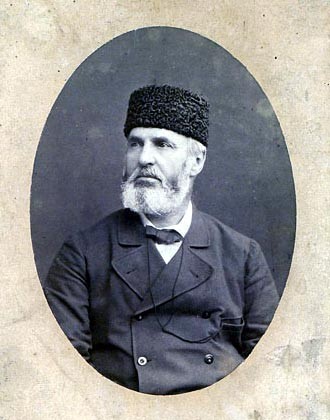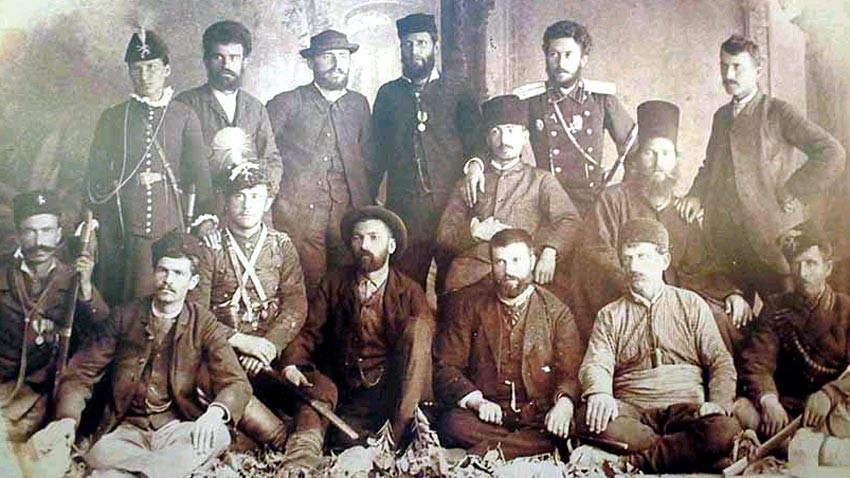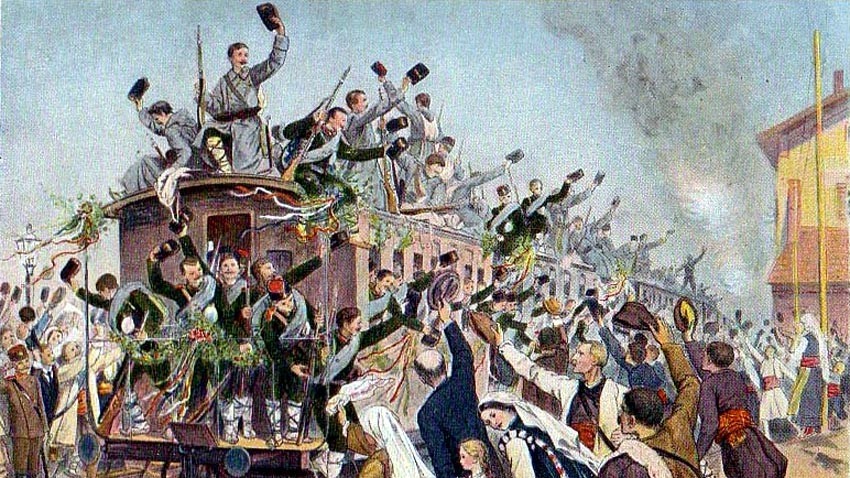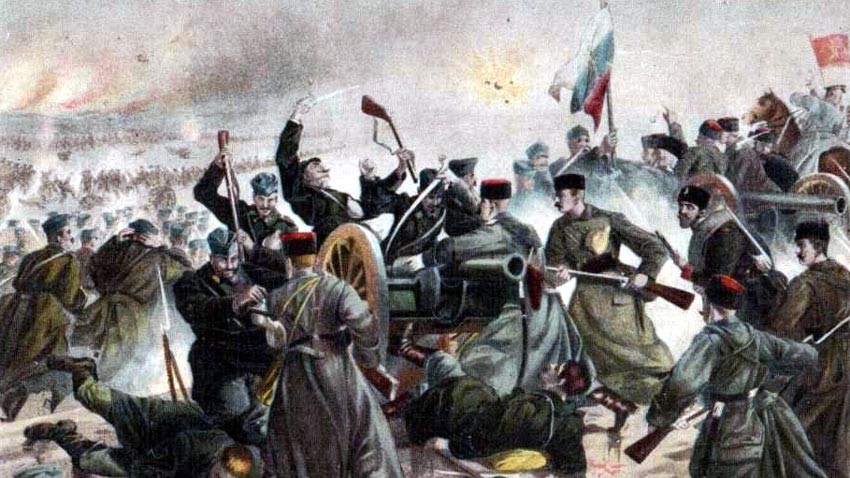
On September 6 Bulgaria marks 133 years since the Unification of the Principality of Bulgaria and Eastern Rumelia (which is part of today’s South Bulgaria and back then an autonomous regions in the Ottoman Empire). The Principality of Bulgaria and Eastern Rumelia were established due to the geopolitical conflicts of the Great Powers after the Russo-Turkish War in 1877-1978 and Bulgaria’s liberation from the Ottoman Rule. North Bulgaria and Sofia district became part of the Principality of Bulgaria. Eastern Rumelia and other regions populated mainly with Bulgarians (Macedonia, Western Thrace, the Rhodopes, Strandja) remained within the Ottoman Empire without any rights of self-government.
Before the new national revolution

Although Eastern Rumelia was artificially divided from the Principality of Bulgaria, it developed quite well in the economic and cultural aspect. However, the status quo was quite unacceptable for most Bulgarians living on its territory. The Unification between the Principality of Bulgaria and Eastern Rumelia was regarded as the first step towards the unification of all lands populated by Bulgarians. The unification cause prevailed during the political debate both in the Principality of Bulgaria and Eastern Rumelia. Most elections in Eastern Rumelia were won with promises for quick unification. However, no one knew when exactly the unification would happen. Moreover, the international contacts of politicians from the Principality of Bulgaria and Eastern Rumelia were quite discouraging. The official position of all big European countries was that the unification would happen one day.
The Unification
The situation changed in 1885 when the movement for unification in Eastern Rumelia was headed by the renowned politician and journalist Zahari Stoyanov who was one of the organizers of the April Uprising against the Ottoman Rule in 1876. In Eastern Rumelia Stoyanov fully demonstrated his talent of a leader and publicist. He established a powerful organization- the Bulgarian Secret Central Revolutionary Committee.

Unification- from drama and war to happy outcome
The Unification of the Principality of Bulgaria and Eastern Rumelia showed that the Bulgarians are free to decide their fate in difficult situations. They anticipated the changes in the European geopolitics thanks to their perfect intuition and precise forecast. In September 1885 a severe international crisis began and the Bulgarian cause seemed doomed at times. The Russian government which was in bad relations with the Bulgarian Prince recalled the Russian officers who served in the Bulgarian army. However, the contradictions between the Great Powers which caused the division seven years earlier were at that time in favor of the Bulgarian national revolution. Most bog countries, including Russia and Great Britain did not want to see the Sultan return the status quo with the help of a military power. Russia wanted to see a different government in Bulgaria, but not at the expense of a possible military defeat. Great Britain wanted to see Bulgaria stronger and less dependent on Russia. However, the attack came from Serbia. The Serbian King Milan, encouraged by Austro-Hungary, wanted to strengthen his position with a successful war and adjoin some lands in Western Bulgaria. The Serbian army outnumbered the Bulgarian army which had no military experience and no Generals.


No more wonders happened in the Bulgarian history after the Unification. A series of domestic political conflicts emerged after the Unification of the Principality of Bulgaria and Eastern Rumelia. The fight for liberation of the other Bulgarian lands that remained under Ottoman Rule was long and difficult. It went through rebellions, wars and mistakes in the foreign policy. It yielded much less results than the Unification, although the number of victims was much higher. Thus, the Unification between the Principality of Bulgaria and Eastern Rumelia remained Bulgaria’s biggest success in its new history. It was achieved with a lot of bravery, energy, impressive national unity, enthusiasm and heroism which made the Unification a real historical legend.
English version: Kostadin Atanasov
Photos: archive and wikipedia.orgOn the second day after Easter begins Bright Week. It is so called because of the light that Christ's Resurrection brings to the world. According to Orthodox tradition, it is a time when the Holy Apostles and the Virgin Mary are glorified. Bright Week..
Patriarch Daniil celebrated a divine service for the so-called Second Resurrection of Christ in the Sofia-based church of Saint Nedelya. Patriarch Daniil greets Bulgarians with “Christ is Risen” At the festive liturgy, texts from the Gospel..
Patriarch Danil of Bulgaria, Metropolitan of Sofia, greeted the faithful with the joyful words "Christ is risen!" In his Easter message, he called on Orthodox Christians to share the extraordinary joy of heaven with the world through a life of light and..

+359 2 9336 661
